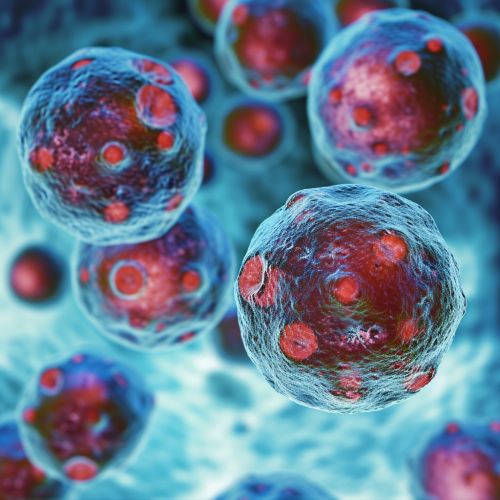Growth factors
Introduction
Growth factors are a group of proteins that play a crucial role in stimulating cellular growth, proliferation, healing, and differentiation. They are secreted by the body's cells to communicate with other cells, guiding their behavior and function. Growth factors bind to specific receptors on the cell surfaces, triggering intracellular signaling pathways that ultimately lead to cell type-specific responses, including cell division, migration, and survival read more.
Types of Growth Factors
There are numerous types of growth factors, each with its unique function and target cells. Some of the most well-known include:
- Epidermal Growth Factor (EGF): EGF stimulates the growth of epithelial and epidermal cells. It also plays a role in wound healing, and its dysregulation can lead to cancer read more.
- Fibroblast Growth Factors (FGFs): FGFs are involved in a variety of biological processes, including embryonic development, cell growth, morphogenesis, tissue repair, and tumor growth.
- Insulin-like Growth Factors (IGFs): IGFs are primarily involved in growth and development, particularly during childhood. They also have anabolic effects in adults.
- Nerve Growth Factor (NGF): NGF is essential for the growth, maintenance, and survival of certain nerve cells.
- Vascular Endothelial Growth Factor (VEGF): VEGF stimulates the formation of blood vessels, a process known as angiogenesis.


Role in Cell Signaling
Growth factors play a critical role in cell signaling, the complex system of communication that governs basic cellular activities and coordinates cell actions. The ability of cells to perceive and correctly respond to their environment is the basis of development, tissue repair, and immunity.
Growth factors bind to their respective receptors on the cell surface, triggering a cascade of intracellular events. This process, known as signal transduction, involves a series of chemical reactions that ultimately lead to a variety of cellular outcomes, such as proliferation, differentiation, or apoptosis read more.
Clinical Applications
Due to their role in cell growth and healing, growth factors have been explored for various clinical applications. They are used in medicine to promote wound healing and tissue repair, and are also being studied for their potential in regenerative medicine and cancer treatment.
- Wound Healing: Growth factors such as EGF and PDGF are used in topical creams and dressings to promote wound healing. They stimulate the proliferation and migration of cells necessary for wound repair.
- Regenerative Medicine: The use of growth factors in regenerative medicine is a rapidly growing field. They are used to stimulate the growth of stem cells and to guide their differentiation into specific cell types.
- Cancer Treatment: Some growth factors can stimulate the growth of cancer cells. Therefore, inhibiting these growth factors or their receptors is a strategy used in cancer treatment.
Conclusion
Growth factors are essential for a variety of biological processes, from embryonic development to wound healing. Their ability to stimulate cell growth and differentiation makes them valuable tools in medicine, particularly in the fields of wound care, regenerative medicine, and cancer treatment. However, further research is needed to fully understand their mechanisms of action and to develop safe and effective therapeutic applications.
